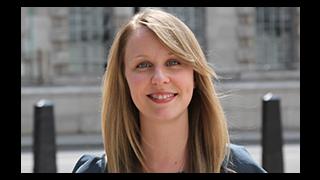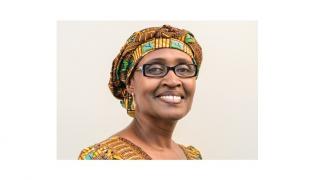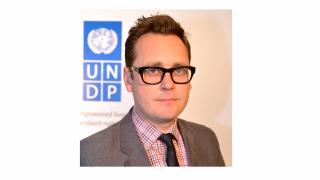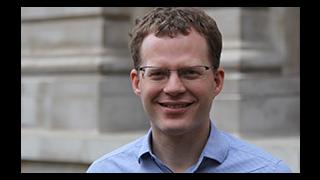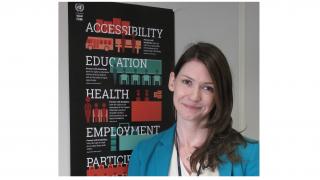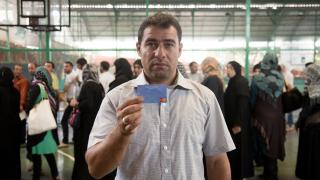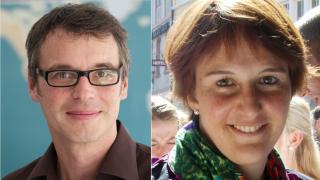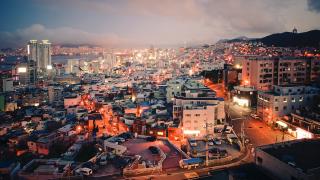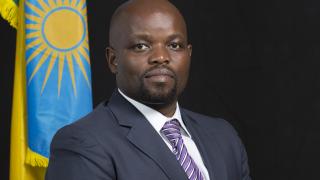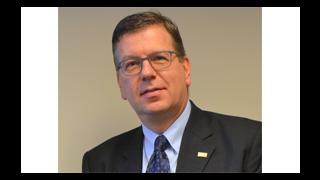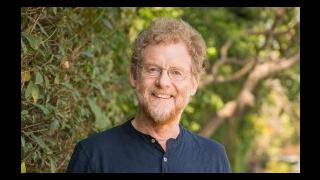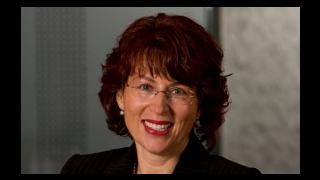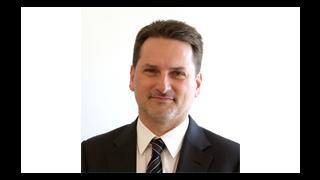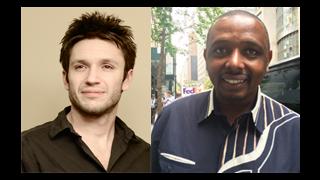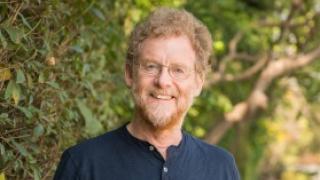
The UN’s Sustainable Development Goals (SDGs) are very ambitious in what they seek to achieve, including an end to poverty and the universal provision of good quality basic services by 2030. But they do not address the how and the by whom (i.e. who has to act). Meeting the SDGs depends on competent, accountable local governments and on their capacity to work with those who lack basic services. Yet discussions of the SDGs hardly mention this. Nor do they acknowledge the importance of engaging with grassroots organisations on how best to meet the goals.
Ambitious goals and targets
Although the final text of the SDGs has yet to be agreed, the current zero draft issued on 2 June 2015 suggests that they will keep the ambition to “leave no one behind” and to end extreme poverty and hunger within 15 years. They commit to equal access for all men and women to health care, primary and secondary education, safe and affordable drinking water, adequate and equitable sanitation, affordable and sustainable energy and financial services. There is also a commitment to providing a legal identity for all, full and productive employment and universal access to adequate, safe and affordable housing.
For anyone working in development, this is a stunning list of commitments. But will they get fulfilled? Governments have been pledging their commitment to goals such as these for 40 years – or even longer if we include the Universal Declaration of Human Rights. What needs to change for these commitments to be met?
I focus on urban areas for four reasons. First because a large and growing proportion of those unserved by the above commitments live in urban areas. Second, because most governments and international agencies fail to acknowledge this; they still assume that almost all poverty is in rural areas. Third, the majority of growth in the world’s population in the next 15 years is going to be in urban areas in low- and middle-income nations. Fourth, many urban areas have legitimate, accountable institutions that can act. This does not mean reducing attention to rural needs; universal provision has to be achieved in rural and urban areas.
Who will make it happen?
In urban areas, universal provision of services and other goals mostly depends on local governments and on how they work with those who lack these services. These include the billion urban dwellers living in informal settlements. Here we find lots of innovation from the growing number of national federations or networks of slum/shack dwellers and even, in over 100 cities, funds they set up that are jointly managed with local government. We have new models of finance that support these federations and networks and their work with local governments. For instance the Urban Poor Fund International and the Asian Coalition for Community Action, both of which support grassroots initiatives direct.
But the draft SDGs, like the Millennium Development Goals before them, focus on national commitments. We’ve seen much discussion of finance but not of finance for local governments or urban poor organisations. The draft does have a “city goal” in the form of goal 11: make cities and human settlements inclusive, safe, resilient and sustainable. However, this does not mention the much needed support for city governments and civil society to contribute to fulfilling SDG targets. There are commitments to develop government capacities but for national plans. In discussions of accountability, there is no mention of the accountability that all international agencies and national and local governments should have to those who lack all the promised basic services.
What caused the expanded service provision in today’s wealthy nations? Strong grassroots networks pushing for change and elected, accountable municipal governments. Progress was of course helped by national policies, but these were often in response to local government, citizen and civil society pressure. These are the factors that helped improve and extend basic services to informal settlements in many Latin American cities. So why shouldn’t elected mayors and city governments make their own commitments to those SDGs that fall under their responsibility, with the support of local civil society groups? Impossible politically? But if achieved, this would at least give some chance of meeting the SDGs by 2030.
David Satterthwaite is a senior fellow at the International Institute for Environment and Development and visiting professor at the Development Planning Unit, University College London

